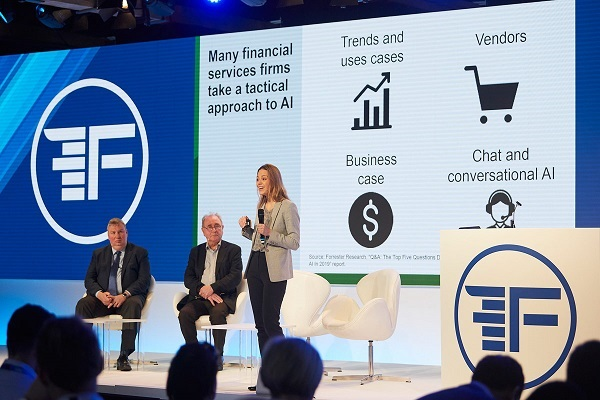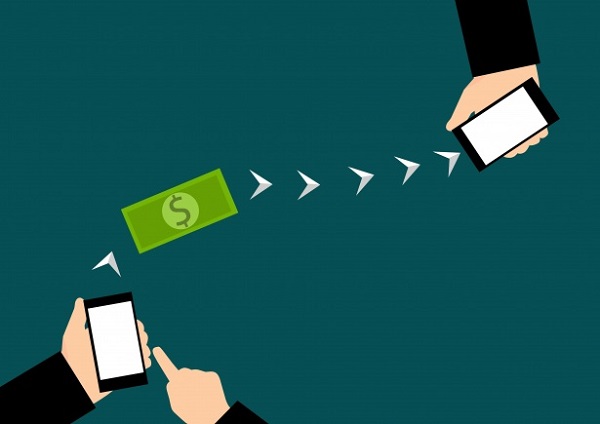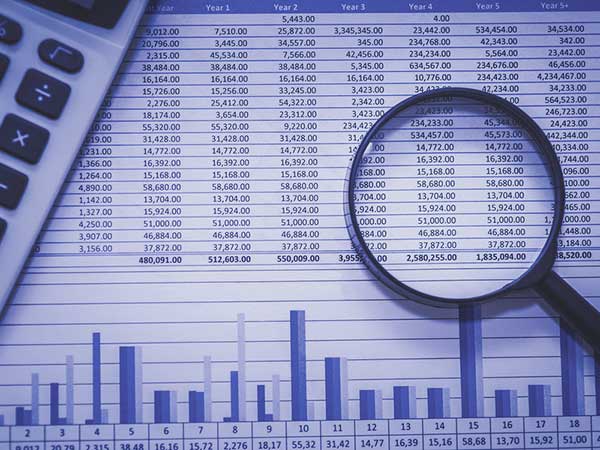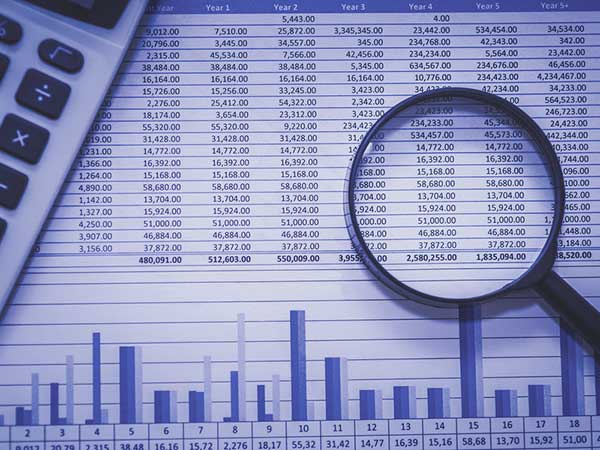Probably, you’ve heard the buzz surrounding blockchain and cryptocurrencies by now. It’s easy to see why blockchain is valuable, but understanding how it works can be a challenge. Blockchain is a complex piece of technology that’s capable of changing many facets of business.
Applications of Blockchain
Before we dive into how blockchain works, let’s talk about why it’s important. Blockchain can be applied to many existing business infrastructures and will also be used to build new tools to optimize enterprise.
Cloud Storage
Cloud storage has become the standard for most businesses, but it comes with it’s own limitations. Business owners depend on a third party to store the information contained in the cloud, which can be a concern when a business handles large amounts of data or highly-sensitive data. Data security is expensive and difficult to manage. Blockchain makes it possible to decentralize cloud storage, improving data security, boosting efficiency and decreasing dependency on third-parties.
Identity
Identity theft is a serious concern, but blockchain is capable of making it a thing of the past. Increasingly, we’re seeing the disadvantages of fast technological advancement without identity security solutions that outpace the tactics used by those with malicious intent. Blockchain is that solution. From passports to birth certificates, blockchain technology can be applied to identity authentication to integrate the process seamlessly and securely.
Smart Contracts
Smart contracts are programmable contracts that automatically execute when their conditions are met. Anyone with a business, mortgage, or even phone contract understands the value of making the process of coming to agreements and following their terms a little bit easier. Smart contracts leave no room for human error: they just run the way they’re written, simultaneously making contracts more efficient for everyone involved and reducing risks.
How It Works
Now that we understand some of the big ways blockchain will change business, let’s break down this technology so we can understand how it works and how it can work for us.
Exchange of physical money is straightforward: an individual can give another individual a dollar, and once it’s out of the first person’s hands, it’s gone unless the second one decides to give it back. We can’t just make a copy of a dollar and use it as a real dollar, either — since counterfeits are detectable.
When it comes to digital money, it’s not so easy. We need a third party to make sure exchanges are executed fairly in digital trade, like a bank or credit card company. This is because it’s a lot harder to make sure money is real in the digital world, and it’s also much easier to make copies of digital money.
When Google Docs enabled us to start working collaboratively, the value it added was clear: in almost real time, teams could work together on the same project. Think of the blockchain as a shared document where we record every transaction ever made with digital currency. This account of digital exchange is called a distributed ledger. It’s transparent, tamper-proof, and available to anyone who wants access.
The distributed ledger is where we do all of the accounting for the digital currency. This makes it possible to trade digital money in a secure way without a third-party to authenticate our transactions. It also makes it possible for us to generate digital money; if we choose to use our resources (time and computing energy) to keep up with the accounting of digital money in the distributed ledger, we can make some digital money. You can use the physical money to purchase existing digital money, but putting work into the digital ledger is the only way to actually make more digital money. We usually hear about this process in terms of bitcoin mining.
And even though the technology is now used primarily for monetary trade, we can use it more broadly as well. Blockchain can be used to trade anything of value: art, information, or even votes. Blockchain can also reduce or eliminate many data security issues we face today, such as common security compliance mistakes associated with cloud storage. Blockchain allows for secure data distribution, breaks down many barriers of trade, and opens doors to opportunities that never would have existed before it was developed.
When you’ve got a good grasp of how blockchain works, it’s much easier to see why it’s so important to business. Blockchain represents the future of exchange, and it will only become more relevant as we find ways to utilize it to solve our business problems. Like the other disruptive innovations before it, it has the potential to change the world as we know it, driving us closer to free, unobstructed exchange.























